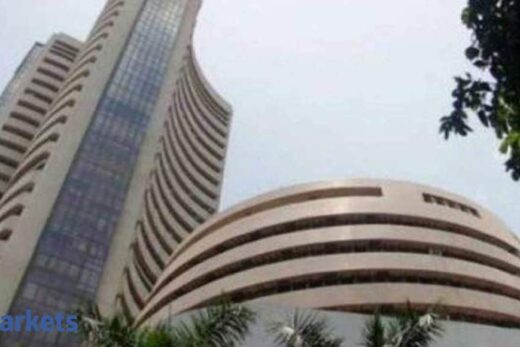Analysts see more pain ahead. Yet, some of them have set price targets that suggest up to 53 per cent potential upside for the stock, as they “look beyond the short-term pain.”
Banking analysts noted that Bandhan Bank’s struggle on the asset quality front and high credit cost have been an outcome of external circumstances. They admitted that investors may not have the appetite for sharp earnings volatility, but believe a substantially low share of micro-banking portfolio, as guided by the management, would help ease the MFI-related concerns.
The microfinance business accounts for more than 60 per cent of the bank’s loan book. In the June quarter, 75 per cent of the total Rs 1,661 crore slippages came from the MFI segment.
“An important question to ponder upon is: how much worse can it get? The company management has highlighted that majority of the stressed customers are expected to regularize, as their economic situation improves. A positive outcome on this front will mean improvement in asset quality metrics in the ensuing quarters, which should support the stock valuation,” it said.
The brokerage has upgraded Bandhan Bank to ‘buy’ with a revised price target of Rs 336, based on 2.5 times FY23 adjusted book value per share. It, however, sees severe impact from a third wave of Covid, potential loan waivers in states going into elections and further worsening of SMA pools as key risks to its target price.
Data showed collection efficiency for the bank stood at 89 per cent in the June quarter. Bandhan Bank expects this efficiency to improve as key states Assam and West Bengal opened up in mid-July.
“The Assam government’s loan relief scheme is a positive, under which nearly 56 per cent (Rs 3,600 crore) of the bank’s standard portfolio (Rs 6,400 crore) will be eligible for compensation. This should slow down incremental stress formation,” said
.
Assam accounts for nearly 22 per cent of the overall bank’s non-performing assets.
“Of the remaining 44 per cent (Rs 2,800 crore) of the ineligible Assam portfolio, the non-paying standard pool is Rs 480 crore. But the bank carries Rs 800 crore provision against the Assam portfolio apart from the written-off portfolio of Rs 800-900 crore, which could partly be written back at a later stage,” Emkay said, which finds the stock Rs 410 worthy, given its enviable liability profile, steady asset diversification strategy away from MFI, and its ability to deliver superior returns.
Goldman Sachs sees the stock at Rs 447, JP Morgan at Rs 390 and CLSA at Rs 300.
At Friday’s close of Rs 291, Goldman Sachs’ target suggests 41 per cent upside. Following its June quarter results, shares of Bandhan Bank rose 4.6 per cent to Rs 304.
Bandhan’s SMA pool (90 day past dues) stood at a high of 12.5 per cent compared with 8.6 per cent in the March quarter.
Kotak said it sees two broad approaches to assess Bandha’s results. First, have faith in the business model to see a swift bounce-back along with a low profit & loss (P&L) impact. The general approach, in this case, would be to handhold the borrower during this period of stress, a situation that it believes is likely.
Secondly, a wait-and-watch approach, which would imply that the earliest period where one could have firm recovery trends in the December quarter, as West Bengal and Assam, the two large states for the bank, went into the Covid lockdowns late.
“The MFI book is a relatively short-duration book and early trends would be visible by then. As we have seen with every MFI cycle, the former scenario is more probable. We don’t see alarming trends of lenders pulling back, which augurs well for a faster recovery despite these stressed ratios,” it said, while valuing the stock at Rs 335.
Bandhan’s strong liability franchise and superior operating cost structure result in the bank operating at 6 per cent operating profit margin, giving adequate headroom for provisions, it said, adding that it sees a few more painful quarters before business bounces back to normalcy.
The bank’s net profit fell 32 per cent to Rs 373 crore in the June quarter from Rs 550 crore a year earlier, as provisions rose 62 per cent year-on-year to Rs 1,375 crore.



